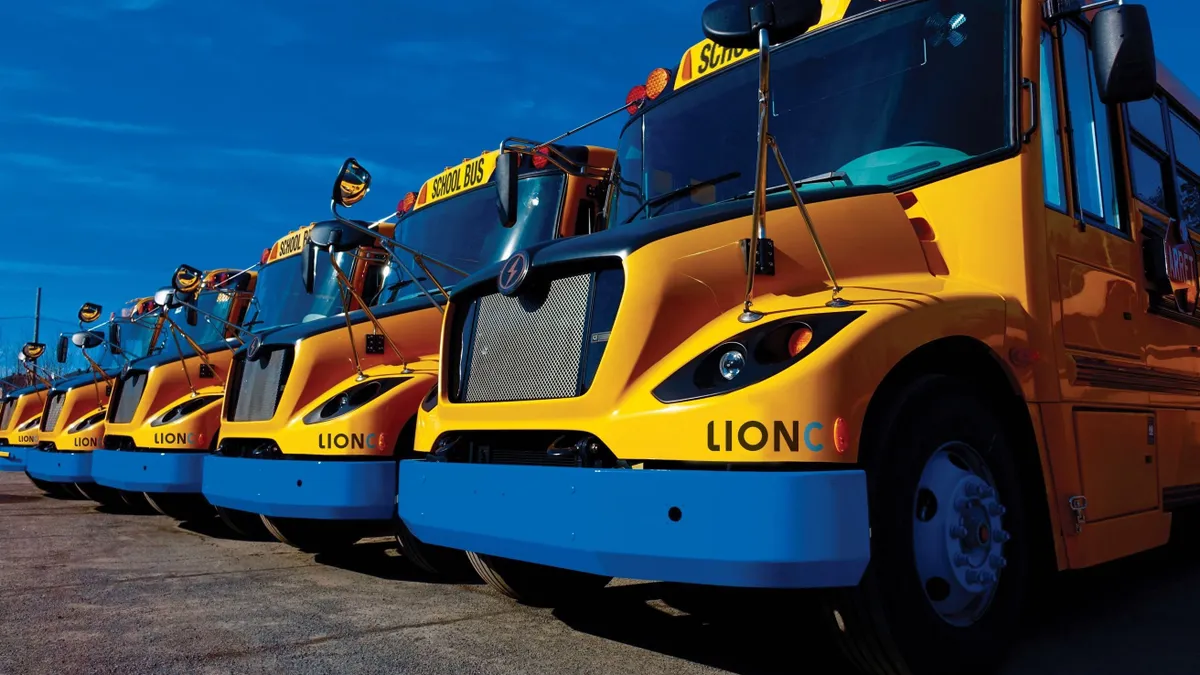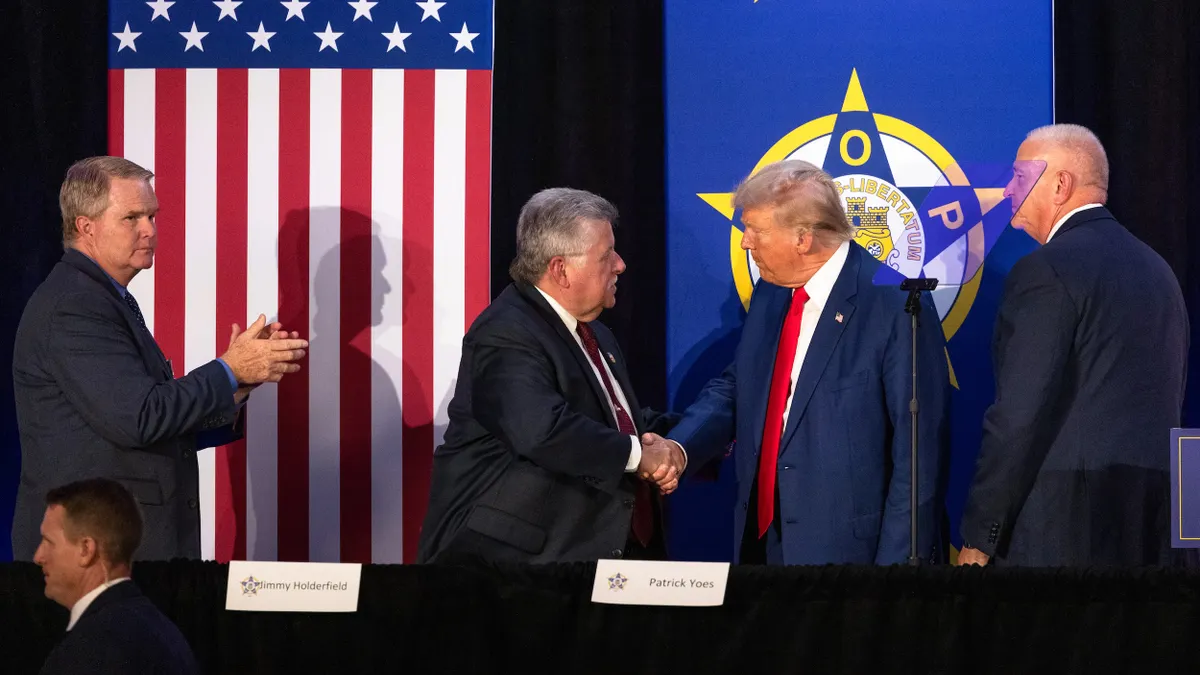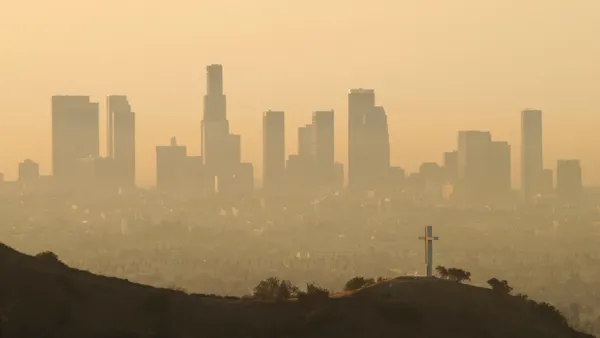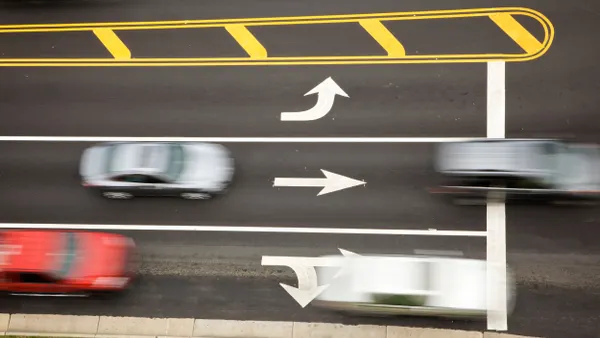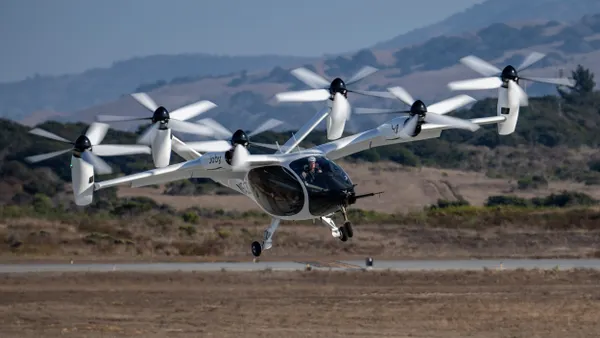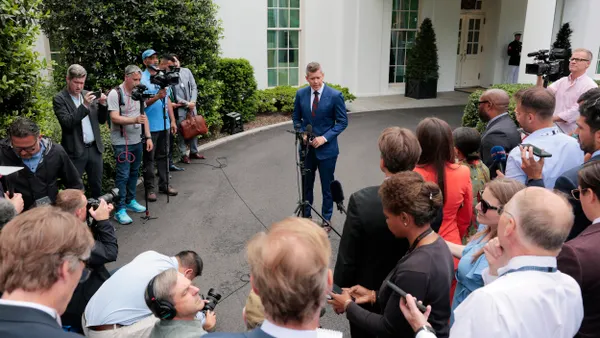Communities may apply for $400 million in grants from the U.S. Environmental Protection Agency’s Clean School Bus Program to pay for electric, propane and compressed natural gas buses, the agency announced Friday. Covered vehicles produce zero or low tailpipe emissions compared with older diesel vehicles.
The bipartisan infrastructure law is providing $5 billion to transform the U.S school bus fleet. Initially, the Biden administration offered nearly $1 billion in a rebate competition last year to fund electric and low-emission school buses. Costs were covered for more than 2,400 buses in 389 school districts.
The zero- and low-emission school bus funding has a “particular focus on reducing air pollution in disadvantaged communities overburdened by dirty air," said David Cash, EPA New England regional administrator.
Officials say the emission reductions will result in cleaner air for students riding the buses, drivers and school staff working near the bus loading areas and the communities through which the buses drive.
The EPA says it’s prioritizing applications that will replace buses serving high-need local education agencies, rural areas and certain tribal school districts.
In addition, EPA is committed to ensuring the Clean School Bus Program meets the Biden administration’s Justice40 Initiative requirement that provides at least 40% of the benefits of certain federal investments flow to disadvantaged communities.
Eligible applicants for funding are state and local governments that provide bus service, public charter school districts, Indian tribes, tribal organizations or tribally-controlled schools, nonprofit school transportation associations, and eligible contractors such as manufacturers, dealers, school bus providers and private bus fleets.
EPA officials announced the grant program in New Bedford, Massachusetts, while noting that city received a rebate of more than $5.5 million for 14 zero-emission school buses and charging infrastructure in the first round of federal funding to reduce school vehicle emissions.
It’s part of nearly $30 million in rebates to the state’s school districts from the 2021 federal infrastructure law, the agency reports, which resulted in five Massachusetts communities receiving 76 zero-emission school buses.



